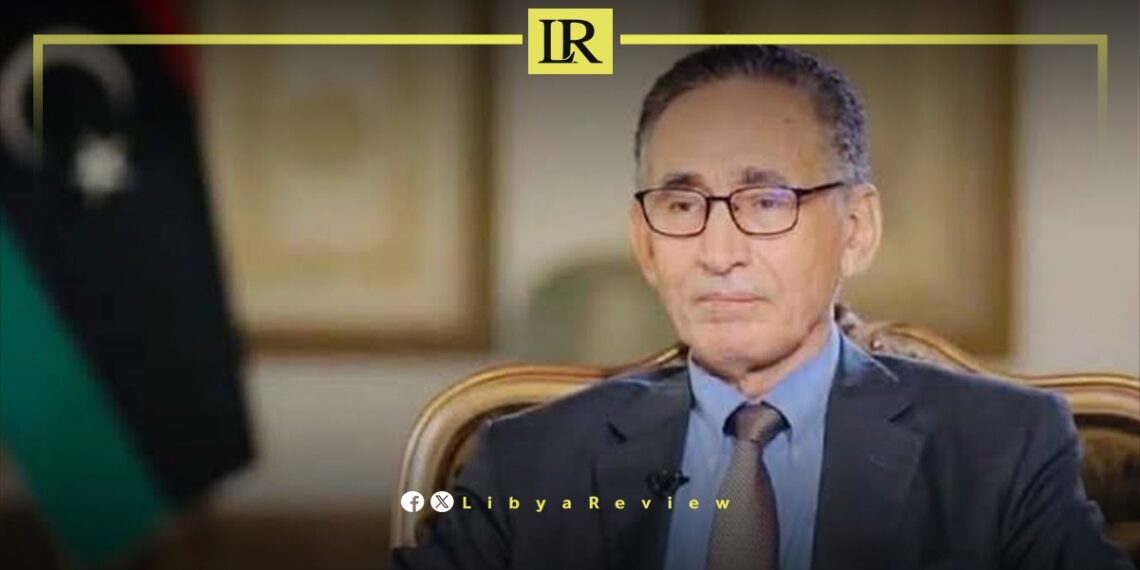The Ministry of Economy and Trade of the Government of National Unity (GNU) has announced plans to hold a Libyan-Turkish forum in September. The event will take place in Tripoli and will involve participation from the private sectors of both Libya and Turkey.
According to a statement posted by the Ministry on Facebook, this announcement was made during a meeting between the Minister of Economy and Trade, Mohamed Al-Hwaij, and the newly appointed Turkish Ambassador to Libya, Kenan Yilmaz.
The meeting was attended by Shather El-Sayed, Advisor to the Minister of Economy, Issam Al-Malhouf, Director of Foreign Trade and International Cooperation, and several other officials involved in Libyan-Turkish economic and trade affairs.
During the meeting, the bilateral relations between the two countries were discussed, with an emphasis on implementing agreements made during the Libyan Prime Minister’s visit to Turkey in March.
Al-Hwaij praised the work of the committee assigned to oversee preferential trade between the two countries, which conducts its meetings via Zoom.
The Turkish Ambassador expressed his country’s readiness to overcome all obstacles and provide full support to Libyan companies wishing to enter the Turkish market.
Libya has been in chaos since a NATO-backed uprising toppled longtime leader Muammar Gaddafi in 2011. The county has for years been split between rival administrations.
Libya’s economy, heavily reliant on oil, has suffered due to the ongoing conflict. The instability has led to fluctuations in oil production and prices, impacting the global oil market and Libya’s economy.
The conflict has led to a significant humanitarian crisis in Libya, with thousands of people killed, and many more displaced. Migrants and refugees using Libya as a transit point to Europe have also faced dire conditions.
The planned elections for December 2021 were delayed due to disagreements over election laws and the eligibility of certain candidates. This delay has raised concerns about the feasibility of a peaceful political transition.
Despite the ceasefire, security remains a significant concern with sporadic fighting and the presence of mercenaries and foreign fighters. The unification of the military and the removal of foreign forces are crucial challenges.


